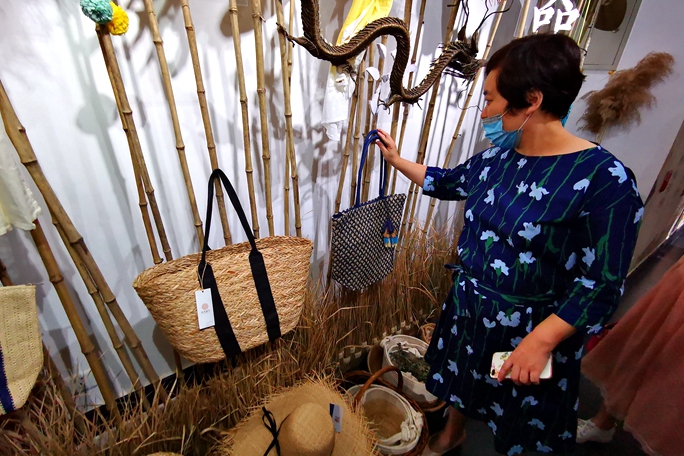Failing forest farm now blossoms
In just over two decades, Yuanshan Forest Farm has changed beyond recognition. It used to be uncompetitive and debt-ridden.
But now it is one of the most lucrative tourist spots in East China's Shandong province, earning over 100 million yuan ($15.36 million) every year from its ecotourism, aquaculture, hotels and other businesses.
Over 150 forest farm directors had traveled to Yuanshan, in Zibo, to learn about the transformation. They were told that Sun Jianbo, the farm's director, is the key.
Sun, 58, has worked at the farm since 1986. Planting, nurturing and felling trees had been the farm's pattern since his arrival, just like other forest farms across the country.
Until in the 1990s, the central government prohibited forest farming. To survive, the farm started six businesses, such as a cattle ranching and an ice cream factory. When he was promoted to the leadership post 10 years after starting at the farm, nearly all six businesses were losing money and the farm had been defaulting on over 400 staff salaries for 13 months.
"I had spent many a sleepless night and the suffering was even more bitter than my physical disability," said Sun, whose right leg was disabled by childhood polio.
To fix the problem before it was too late, Sun carried out a series of reforms. He abolished the life-tenure system in leading posts and promoted those who dared to put their visions into reality.
"Those do-nothing leaders were replaced by people who really wanted to do something," he said.
After thoroughly researching the farm's resources, he developed a tourism model and invited experts from across the country to plan the scenic spot.
Sun also closed all the unprofitable businesses and started a few new ones, including a winery and a nursery garden.
Sun said farmworkers used to cut down trees and sell them to coal mines for only a few yuan each. But after the nursery garden was set up, trees were sold to urban landscaping companies.
"Each of the trees can sell for hundreds of yuan, sometimes thousands of yuan," he said.
Sun also gave priority to environmental protection. He established a firefighting squad and invested heavily in professional equipment. He also initiated a performance-related pay system, which is linked to the forest's survival rate and the frequency of forest fire. As a result, the forest protection rate increased from 82 percent to over 94 percent in the decades since 1996.
According to Sun, salaries have been increasing by about 20 percent annually, reaching 56,000 yuan a year. In addition, the farm provides each staff member with a free dormitory and an apartment developed by the farm's own real estate company in the nearby town at a preferential price.
"Stuffing cakes do not drop from the sky. Without hard work and spirit to reform and to chart the unknown, the green hills and clear waters won't turn into economic benefits on their own," Sun said.
Contact the writers at lilei@chinadaily.com.cn

 Shandong Culture and Tourism Consumption Season
Shandong Culture and Tourism Consumption Season Culture, tourism sectors pick up in Shandong as epidemic wanes
Culture, tourism sectors pick up in Shandong as epidemic wanes

